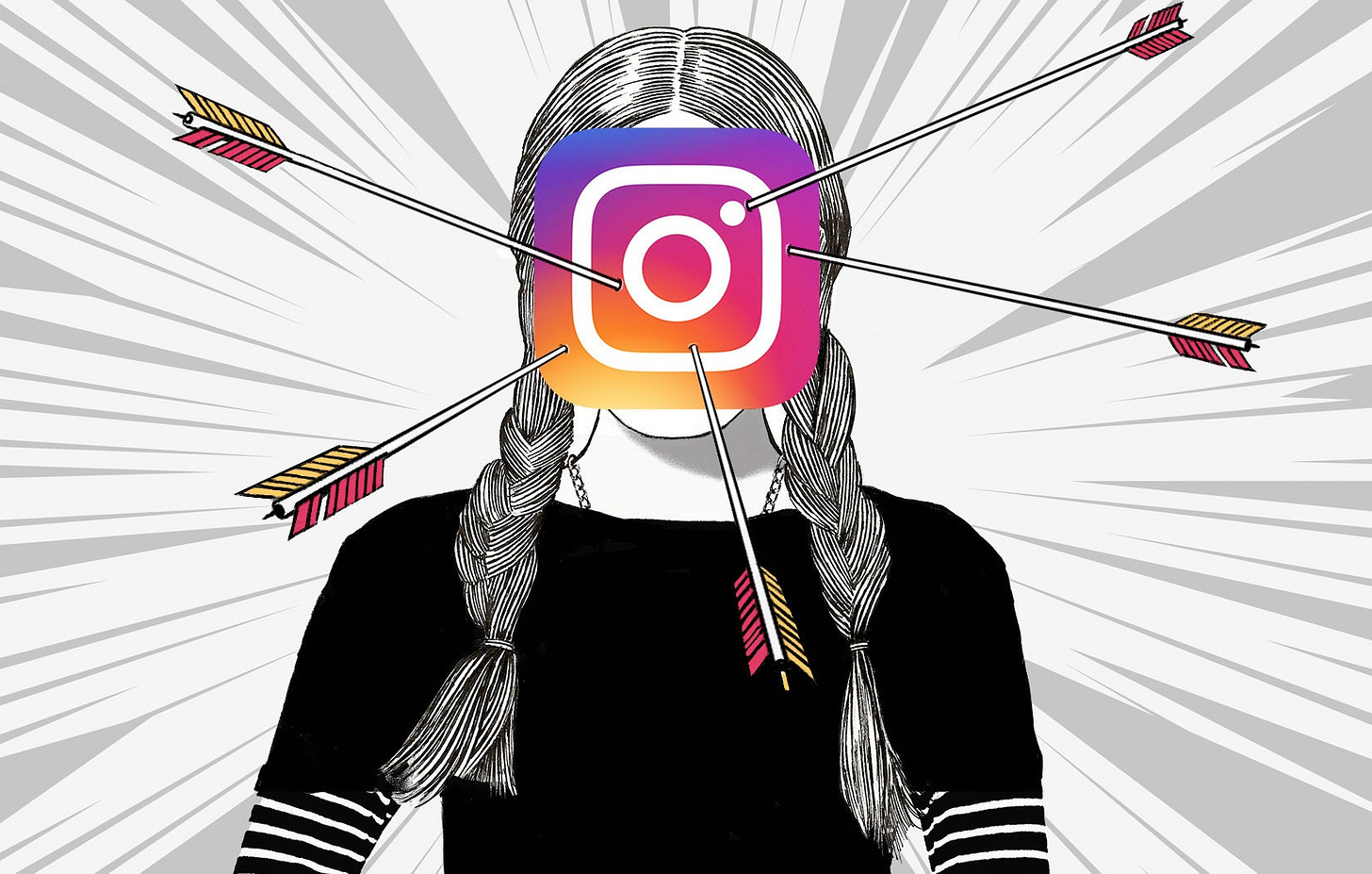
Cancel culture has seeped into my personal life. An old friend forgets my birthday? Cancelled. A former classmate posts an annoying Instagram caption? Cancelled. My neighbour gives me a judgmental look? Cancelled. It’s a fabulous time to be someone who likes to hold grudges and has exceedingly high standards for people. I’ve cancelled so many friends that I can now count my inner circle on one hand, my logic being that I’d rather be alone than be surrounded by people who don’t enrich my life.
As a kid, my silent treatments would last for days, now I can hold them for weeks, months, even years. This week, I broke a silence that had formed after months of conflict with a close friend. Two months ago, I was ready to cancel a lifelong relationship—my hurt boiled, erupted, and then cooled and hardened into apathy. I figured I should walk away rather than attempt to change the person or face my own pain.
It’s easy to be the one doing the cancelling, but what happens when you’re on the recei…



